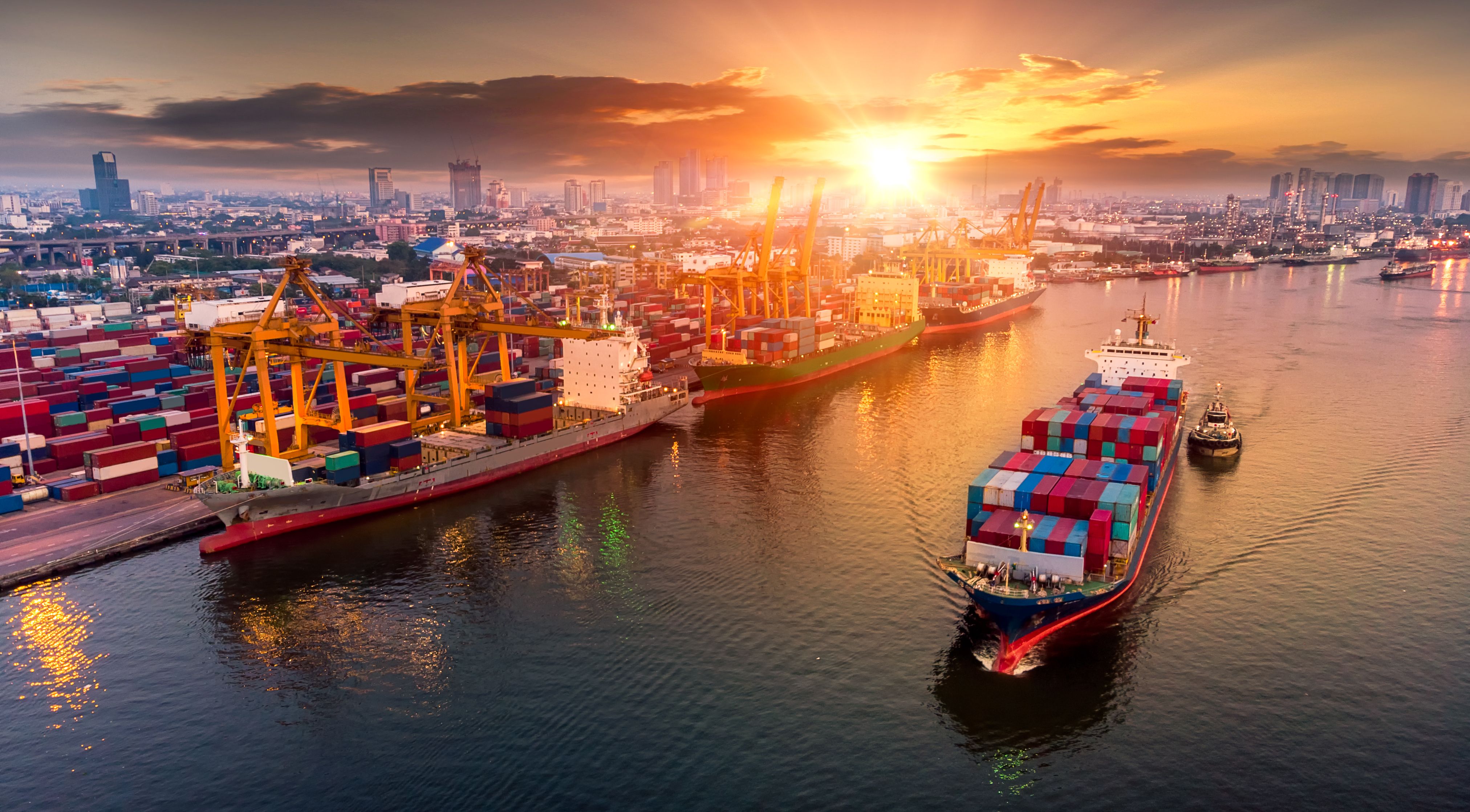
Today, 14 world leaders on the Ocean Panel have put forward a new ocean action agenda to sustainably manage 100% of national waters. The agenda is reinforced by ‘Ocean Solutions that Benefit People, Nature and the Economy’ – written by SYSTEMIQ and the Ocean Panel’s Expert Group co-chairs – which shows how a sustainable ocean economy can deliver protection, production and prosperity.
The High Level Panel for a Sustainable Ocean Economy (Ocean Panel) today put forward a new ocean action agenda, paired with bold commitments and new research. The 14 world leaders of the Ocean Panel committed to sustainably manage 100% of the ocean area under national jurisdiction by 2025, guided by Sustainable Ocean Plans.
The countries will bring a holistic approach to ocean management that balances protection, production and prosperity to nearly 30 million sq km of national waters: an area the size of Africa. The Ocean Panel also urged leaders of coastal and ocean states across the globe to join in committing to the 100% goal so that all Exclusive Economic Zones (EEZ) are sustainably managed by 2030.
“For too long, we have perceived a false choice between ocean protection and production”, said Erna Solberg, Prime Minister of Norway and Ocean Panel Co-chair. “We understand the opportunities of action and the risks of inaction, and we know the solutions. Building a sustainable ocean economy is one of the greatest opportunities of our time.”
The Ocean Panel’s bold yet pragmatic recommendations are underpinned by an unprecedented scientific knowledge base for action, including 20 commissioned reports and blue papers. The new report released today, Ocean Solutions that Benefit People, Nature and the Economy, seeks to define a new solutions-based relationship between humanity and the ocean. The report finds that achieving a sustainable ocean economy is possible and beneficial, but it will not happen if business as usual continues.
“The report is a synthesis of the latest thinking on the ocean,” explains Martin R Stuchtey, one of its lead authors and SYSTEMIQ’s co-founder. “It reflects on how technology, system dynamics, national accounts, policies, economies affect this important resource.
“Ultimately, it’s about approaching this question as a system challenge. One crucial finding is how to increase resource productivity. It copies something we’ve seen on land, which is “sector coupling”: bringing together approaches that are more that the sum of their parts to enhance growth and sustainability.”
This approach does not mean just leaving the ocean alone; it means proactively managing human activities to use the ocean wisely, in ways that help solve global challenges. This means providing healthier and more sustainable food (6x food), renewable energy (40x offshore renewable energy) and solutions to climate change (21% emissions reduction).
Ensuring that 30% of the global ocean is covered by marine protected areas will be necessary to optimize its environmental and social benefits. We know that investing in the sustainable ocean economy can pay off. Investments in just four ocean sectors alone – conservation and restoration of mangroves; decarbonising of international shipping; sustainable ocean-based food production and offshore wind energy – could result in $15.5 trillion in benefits by 2050, according to Ocean Panel-commissioned research.
“The report clearly articulates why we need a sustainable ocean economy, what it could look like, and how to accelerate it”, says Adrien Vincent, Ocean Lead at SYSTEMIQ and co-author of the report. The report builds on the 16 Blue Papers and the 3 special reports commissioned by the Ocean Panel, alongside about 600 other reports, articles and studies. It is the result of two years of inclusive and consultative writing, including interactions with the Blue Papers teams, workshops with the Ocean Panel Advisory Network representing the private sector and civil society, regular interactions with the 14 Ocean Panel countries, and peer review from around 20 independent experts.
Read the full report here .

